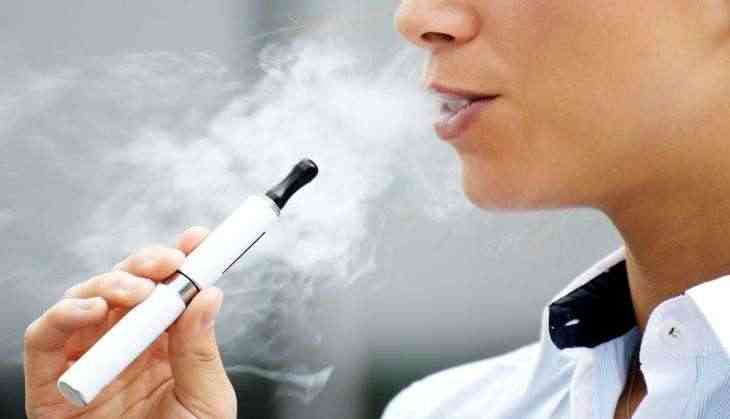
Turns out, Tobacco use remains a leading cause of oral cancer but the tobacco landscape is evolving with increasing use of non-cigarette tobacco products and dual-use of multiple product types.
Benjamin Chaffee and co-author Neal Benowitz, University of California, evaluated exposure to known carcinogens (a substance capable of causing cancer in living tissue) according to recent use of different tobacco product types, alone or in combination.
Participants were categorized according to use of combustible, which includes cigarettes, cigars, water pipe, pipes, blunts (marijuana-containing cigars), smokeless, which includes moist snuff, chewing tobacco and snus, e-cigarettes and nicotine replacement products.
For each product, the recent use was defined as within the prior three-days and non-use defined as none within 30-days.
All tobacco use categories demonstrated elevated nicotine and tobacco-specific nitrosamines (TSNAs) concentrations relative to non-users. TSNA exposures were highest among smokeless tobacco users, whether used or together with other product types.
Most e-cigarette users concurrently used combustible tobacco resulting in TSNA exposure similar to exclusive cigarette smokers.
The analysis shows that the vast majority of non-cigarette tobacco users are exposed to carcinogen levels comparable to or exceeding exposure among exclusive cigarette smokers, levels that are likely to place users at substantial risk.
The full findings are present in the journal- Journal of Dental Research.
(ANI)


